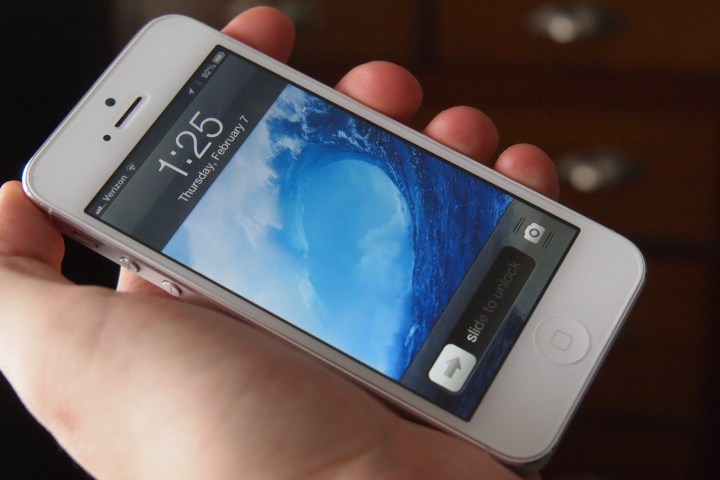
According to a federal district court judge in Pennsylvania, the Fifth Amendment protects smartphone passcodes, as releasing such information would constitute self-incrimination. It’s a sticky subject that will likely continue drawing judicial attention, but for the time being, pleading the Fifth will get you off the hook when it comes to sensitive data hidden in plain view on your phone.
The decision comes in connection with the SEC v. Huang lawsuit, an action that pits the Securities and Exchange Commission against Bonan and Nan Huang, two former Capital One data analysts accused of insider trading. According to the SEC, the defendants used proprietary company information to conjure a $150,000 investment into a $2.8 million return, a big no-no on Wall Street.
In order to prove their case, the SEC has asked for access to the ex-employees’ smartphones, but there was one big problem. While company records can be turned over, personal records fall under a slightly different category. The phones were Capital One property, but Bonan and Nan set the passcodes themselves. And because neither of the Huangs ever told Capital One what their passwords were, the federal district court which heard the case concluded that the information contained on the phones was to be considered considered personal, and therefore subject to Fifth Amendment privilege.
Moreover, according to the judge, the SEC “has no evidence any documents it seeks are actually located on the work-issued smartphones, or that they exist at all,” making the requirement of the passcodes a nearly moot point. As Greg Morvillo, the New York-based lawyer who represents the Huangs, said, “The SEC is just guessing that there’s something there on the phone.” Morvillo asserted that the judge’s decision gives credence to the notion that “personal and professional can coexist without an individual’s rights being sacrificed to the corporate entity.”
Experts are divided on the legitimacy of this latest ruling, which is largely based on the “foregone conclusion” doctrine. By this principle, if the government is aware that you are in possession of certain records (that may or may not be incriminating), they can legally force you to turn them over, and you forfeit the Fifth Amendment defense. If, on the other hand, the government has no evidence that these records exist (which is what Morvillo argues and the Pennsylsvania judge believes), then its hands are tied.
The issue of the inviolability of smartphone passcodes is far from resolved. When it comes to digital information, it would appear that the potential for loopholes and confusion concerning the right against self-incrimination (and the right to be protected from unreasonable searches and seizures) will continue for the foreseeable future. So plead the Fifth while you can, friends. Who knows how long it’ll last.
Editors' Recommendations
- Want to turn your iPhone into a Galaxy S23? This app is for you
- How the iPhone became the most boring phone you can buy in 2023
- Live in Arizona? You can now use your iPhone as your ID
- The best iOS games you can play offline on your iPhone and iPad
- Honor’s outdoor Watch GS will get you home even when your phone’s GPS gives up


